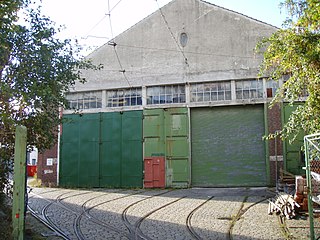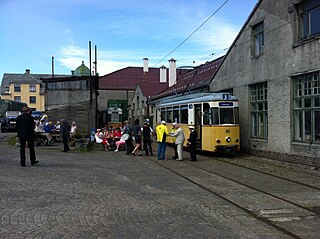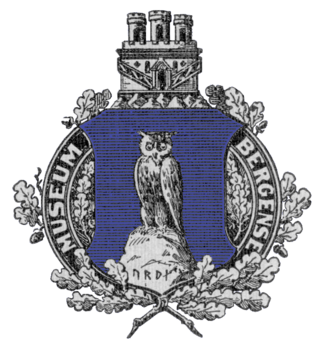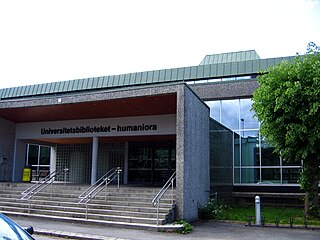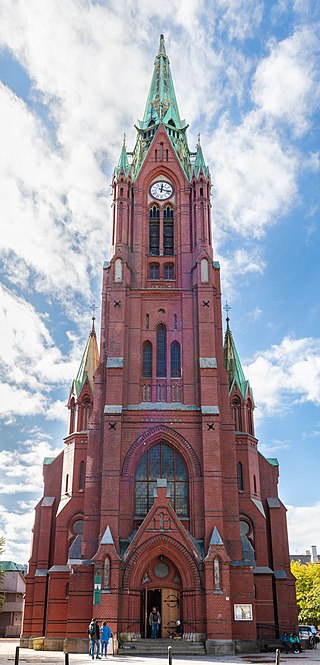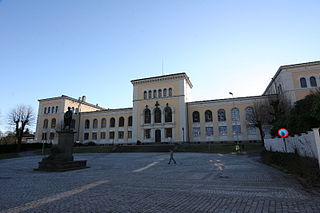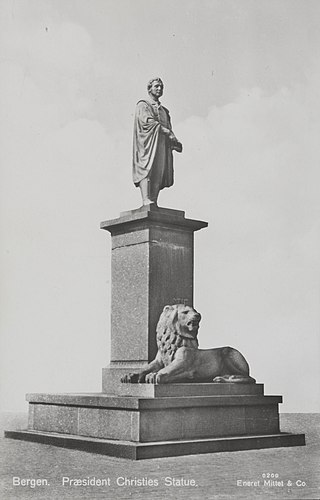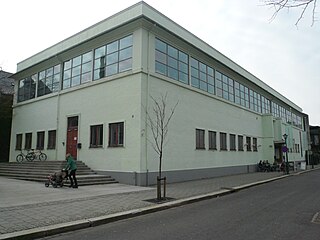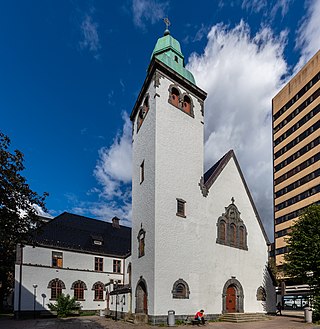Self-guided Sightseeing Tour #2 in Bergen, Norway
Legend
Guided Free Walking Tours
Book free guided walking tours in Bergen.
Guided Sightseeing Tours
Book guided sightseeing tours and activities in Bergen.
Tour Facts
2.8 km
0 m
Experience Bergen in Norway in a whole new way with our free self-guided sightseeing tour. This site not only offers you practical information and insider tips, but also a rich variety of activities and sights you shouldn't miss. Whether you love art and culture, want to explore historical sites or simply want to experience the vibrant atmosphere of a lively city - you'll find everything you need for your personal adventure here.
Activities in BergenIndividual Sights in BergenSight 1: Trikkehallen
Trikkehallen is located at Thormøhlensgate 23 in the Møhlenpris district of Bergen. The tram hall is owned by the City of Bergen and is currently used by the Bergen Museum of Science and Technology. The facility consists of a number of different buildings. The main buildings are the tram hall, the garage building and the omnibus workshop. The nearest neighbor is Trikkebyen, which is housing for the tramway officials.
Sight 2: Bergen Technical Museum
Bergen Technical Museum is a technical museum located at Møhlenpris in Bergen, Norway. It is owned and run by various local membership groups with each their own specialized collections, which is collectively displayed in an old tram depot.
Sight 3: University Museum of Bergen – Cultural History
The University Museum of Bergen is a university museum in Bergen, Norway. The museum features material related to anthropology, archaeology, botany, geology, zoology, art, and cultural history.
Sight 4: Maritime Museum
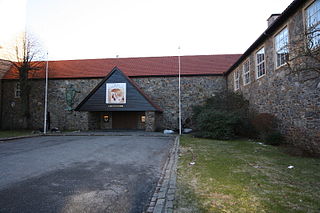
The Bergen Maritime Museum was founded on 13 April 1921 and had its official opening on 18 February 1927. In 1962, the museum moved into its own building designed by architect Per Grieg. It has a monumental Romanesque style with strong stone walls. The exhibition rooms are built around an inner atrium with glass walls that help to make them bright and pleasant. The exhibitions cover the entire history of seafaring from the earliest times to the present day. There are several unique objects and an extensive collection of models of famous vessels. The museum is also used as a banquet room.
Sight 5: Social Science Library
The University Library in Bergen was officially established in 1948, but is a continuation of the Bergen Museum's library, which was founded at the same time as the museum itself by Diocesan Governor Wilhelm Frimann Koren Christie in 1825. The University Library is a public scientific library. The library is part of the overall academic and educational offer at the University of Bergen.
Wikipedia: Universitetsbiblioteket i Bergen (NO), Website En
Sight 6: St. John's Church
St. John's Church is a parish church of the Church of Norway in Bergen Municipality in Vestland county, Norway. It is located in the Sydnes area of the city of Bergen. It is one of the five churches for the Bergen Cathedral parish which is part of the Bergen domprosti (arch-deanery) in the Diocese of Bjørgvin. The red brick church was built in a cruciform design between 1891 and 1894 in the Gothic Revival style. The architect was Herman Backer. The church seats 690 people, making it the largest church in Bergen. It was consecrated on 15 March 1894.
Sight 7: University Museum of Bergen – Natural History
The Natural History Collections is a natural history museum in Bergen, which is part of the University Museum of Bergen. The museum is popularly called the Natural History Museum.
Sight 8: Christiestøtten
The Christie Pillar is a statue of the President of the Storting and Eidsvoll man Wilhelm Frimann Koren Christie (1778–1849) on the Museum Square in front of the Bergen Museum's natural history collections in Bergen. From here, he looks out over Christie's street, the street that bears his name through the city center, and reminds us to follow the constitution. The cloak hanging over the shoulder, the boots and the scroll are reminiscent of statues from Roman times, and are an expression of the artist Christopher Borch's ambition to highlight the historical significance of Christie's efforts for Norway.
Sight 9: Bergen Kunsthall
Bergen Kunsthall is a contemporary art museum in Bergen, Norway.
Sight 10: Bergen Offentlige Bibliotek
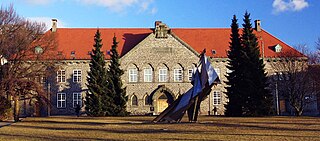
Bergen Public Library is a library building and public library institution in Bergen, Norway. Founded in 1872, it is the second largest public library in Norway. In addition to the main building in Bergen's city centre, Bergen Public Library operates nine branch offices and the library service in Bergen's two prisons.
Sight 11: St. Jakob kirke
Saint James's Church is a special parish church in Bergen municipality in Vestland county, Norway. It is located in the Nygård area of the city of Bergen. The church is part of Bergen Cathedral parish in the Bergen domprosti (arch-deanery) in the Diocese of Bjørgvin. The white, plastered brick church was built in a long church design in 1921 using plans drawn up by the architect Daniel Muri. The church, which seats about 550 people, was consecrated on 5 May 1921.
Share
Disclaimer Please be aware of your surroundings and do not enter private property. We are not liable for any damages that occur during the tours.
GPX-Download For navigation apps and GPS devices you can download the tour as a GPX file.
